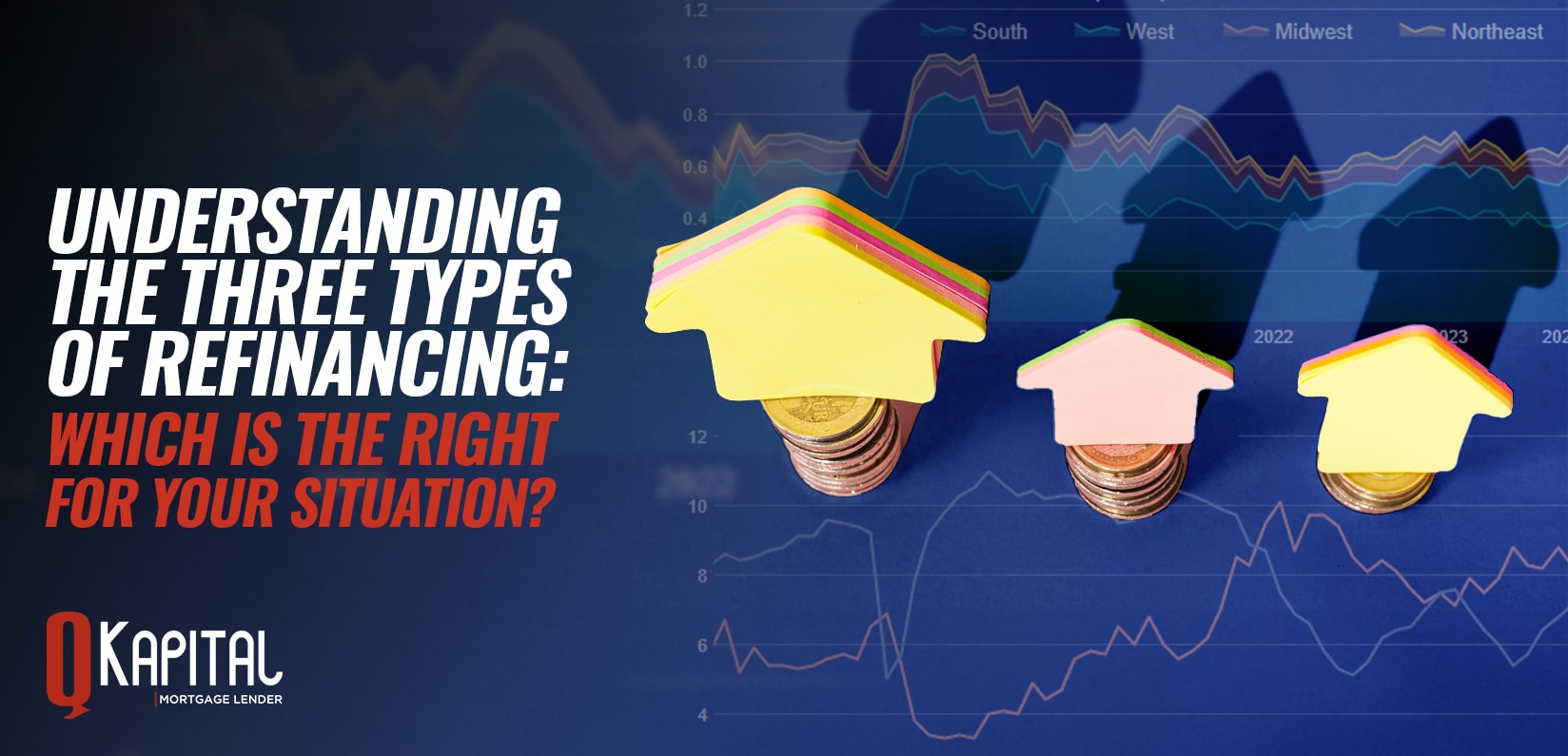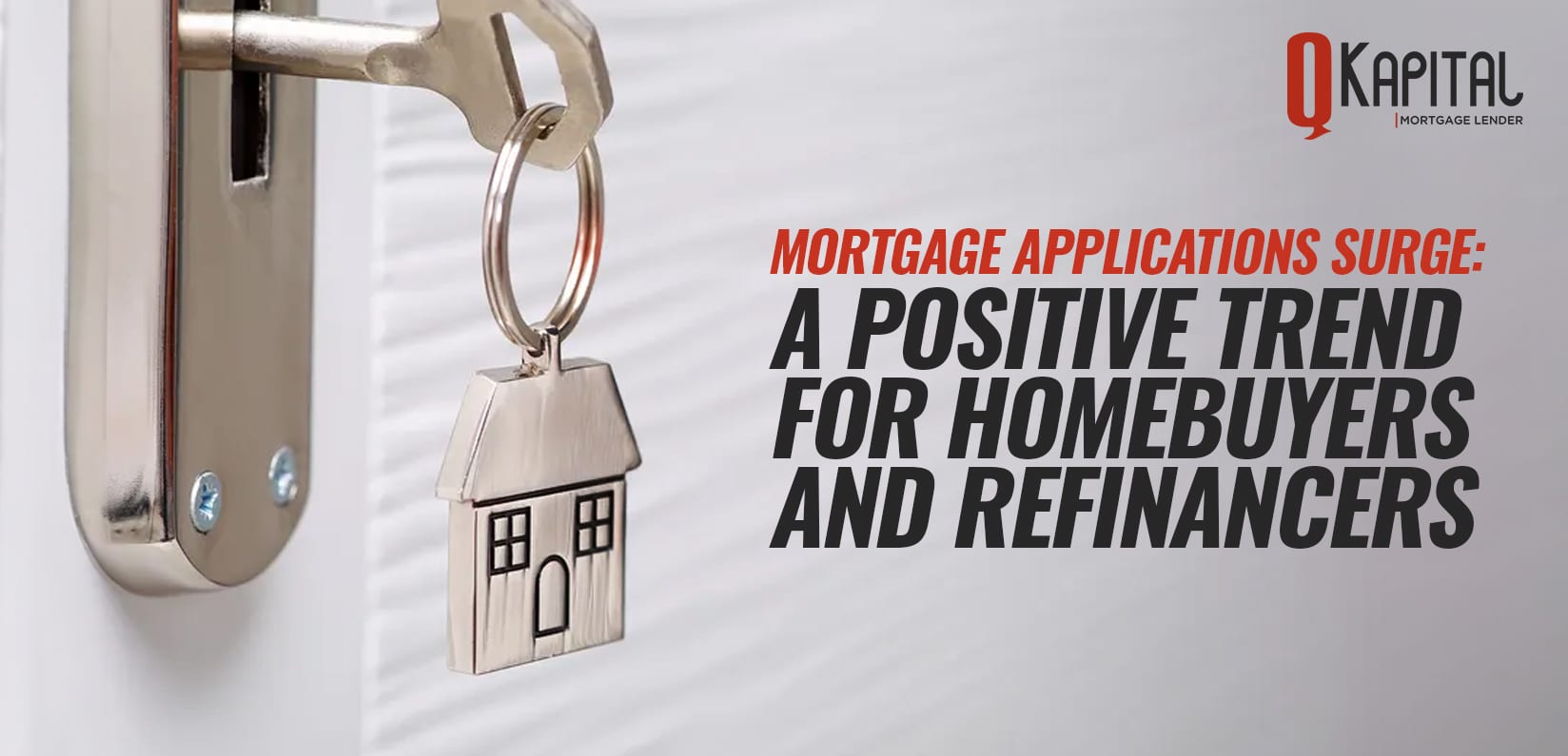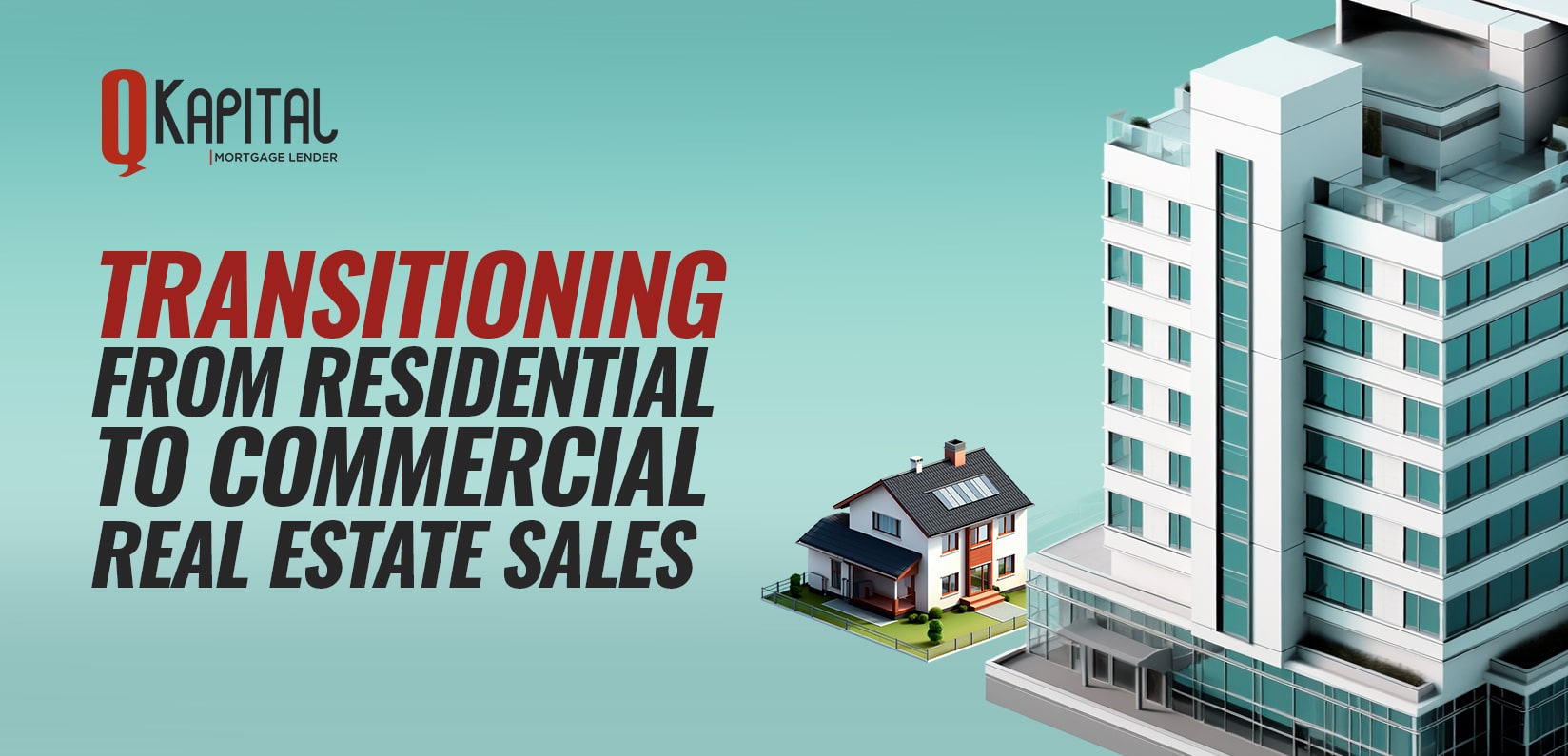Estimated reading time 9 min 40 sec.
Refinancing your mortgage can be a strategic move for homeowners looking to take advantage of the recent changes in interest rates, access their home equity, or adjust their loan terms. Whether you’re aiming to reduce your monthly payments, fund a renovation, or explore new options for a fully paid-off home, understanding the different types of refinancing can help you make informed decisions. In this guide, we’ll delve into three popular types of refinancing: rate and term refinancing, cash-out refinancing, and refinancing for paid-off mortgages to help you understand which is the one that fits your situation.
Table of Contents
Rate and Term Refinancing
What is Rate and Term Refinancing?
Rate and term refinancing involves replacing your current mortgage with a new one that has a different interest rate, loan term, or both. This type of refinancing is often pursued to secure a lower interest rate, which can lead to significant savings over time, or to adjust the loan term for better payment flexibility.
Benefits:
- Lower Interest Rates: If market rates have dropped since you took out your original mortgage, you may qualify for a lower interest rate, reducing your monthly payments.
- Shorter Loan Terms: You can choose a shorter loan term, which can save you money on interest in the long run, even if your monthly payments are higher.
- Fixed vs. Adjustable Rates: This refinancing option allows you to switch from an adjustable-rate mortgage (ARM) to a fixed-rate mortgage, providing more stability.
Considerations:
Before opting for rate and term refinancing, evaluate the closing costs associated with the new mortgage, as they can sometimes offset the savings from a lower interest rate. Use a refinancing calculator to assess your potential savings and determine if this option aligns with your financial goals.
Cash-Out Refinancing
What is Cash-Out Refinancing?
Cash-out refinancing allows homeowners to tap into their home equity by refinancing for more than they currently owe on their mortgage. The difference between the new mortgage amount and the existing mortgage balance is taken out in cash, which can be used for various purposes, such as home renovations, debt consolidation, or other significant expenses.
Benefits:
- Access to Funds: Homeowners can access cash without the need for a second mortgage or personal loan.
- Lower Interest Rates: Cash-out refinancing often comes with lower interest rates compared to personal loans or credit cards, making it a cost-effective solution for accessing funds.
- Flexible Use of Cash: The cash received can be used for home improvements, debt repayment, or even educational expenses.
Considerations:
While cash-out refinancing can provide immediate funds, it’s crucial to consider the potential for increased debt and the need to maintain sufficient equity in your home. Lenders typically allow homeowners to cash out up to 80% of their home’s value, depending on the type of loan.
Refinancing for Paid-Off Mortgages
What is Refinancing for Paid-Off Mortgages?
Homeowners who have paid off their mortgages can also explore refinancing options. This process involves taking out a new loan against the home’s equity, even if there is no existing mortgage balance. Homeowners might consider this route to access cash for investments or other financial needs.
Benefits:
- Access Equity: Homeowners can unlock the equity they’ve built up in their homes without the burden of an existing mortgage.
- Investment Opportunities: The cash can be used to invest in other properties, fund business ventures, or support large expenses.
- Lower Interest Rates: Similar to other refinancing options, rates for refinancing a paid-off mortgage can be lower than traditional loans, providing a more favorable borrowing situation.
Considerations:
When refinancing a paid-off mortgage, homeowners should carefully consider the terms and conditions of the new loan. Ensure that the benefits of accessing cash outweigh the costs associated with refinancing, including potential fees and the impact on your financial situation.
Refinancing can be a powerful tool for homeowners, whether you’re looking to reduce monthly payments, access cash, or leverage your home equity. Each type of refinancing—rate and term, cash-out, and refinancing for paid-off mortgages—offers unique benefits and considerations that should align with your financial goals. Before making a decision, it’s wise to consult with a financial advisor or mortgage professional to explore your options and determine the best path forward for your circumstances.
If you’re interested in exploring refinancing options tailored to your needs, contact QKapital today. Our team of experts can guide you through the refinancing process and help you find the best solution for your financial journey.


